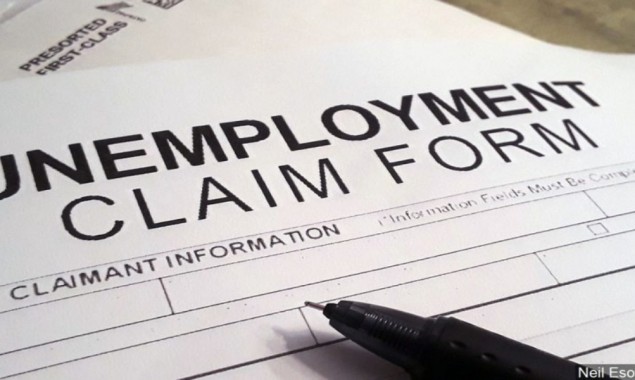
Two anchors
For millions of Americans, Labor Day 2021 symbolizes a dangerous crossroads. Two primary anchors of the government’s COVID-19 protection plan are about to expire or have already expired.
The $300 weekly jobless benefit boost will end on Monday, affecting an estimated 8.9 million individuals. An eviction moratorium imposed by the federal government has already expired.
Other components of pandemic relief, like as rental assistance and the expanded Child Tax Credit, remain widely available, but the social safety net has definitely decreased. The Biden government claims that the US economy is strong enough not to be rattled and a reduction in unemployment benefits, and that the rest of the safety net will smooth things out.
COVID-19 medical bills are set to rise in America
With the expiration of insurers’ temporary waivers on costs connected with treating COVID-19, the care of COVID-19 is likely to get more expensive in America.
Patients didn’t have their usual co-payments or deductibles for COVID-19 emergency department visits or hospital stays earlier in the outbreak of COVID-19, and most tests were also free.
As the pandemic continues to spread across the America, federal law still compels insurance to cover testing for people who have medical reasons for seeking care, such as exposure to the disease or the severity of disease.
More Americans are now seeking testing for monitoring purposes, which do not qualify as medical reasons. For example, there are exemptions in the federal guidelines for free coronavirus tests for routine workplace and school testing.
According to patient documents provided to a project tracking the expenses of COVID-19 testing and treatment, some patients have already received bills as high as $200 for basic screenings.
COVID patients who require significant hospital care are likely to pay some of the highest expenditures, and the majority of those patients are now unvaccinated. According to a recent Kaiser Family Foundation research, 72 percent of large health plans are no longer providing free COVID-19 treatment to their patients.
Unvaccinated people may suffer additional costs as a result of their lack of vaccination. Delta Air Lines and other organizations aim to charge unvaccinated workers extra insurance prices, citing high COVID-19 healthcare expenses.
According to research, a COVID-19 hospitalization costs around $40,000 on average, with a prolonged stay that involves time in the intensive care unit or an air ambulance transfer costing many times more.
Read More News On
Catch all the Health News, Breaking News Event and Latest News Updates on The BOL News
Download The BOL News App to get the Daily News Update & Follow us on Google News.




